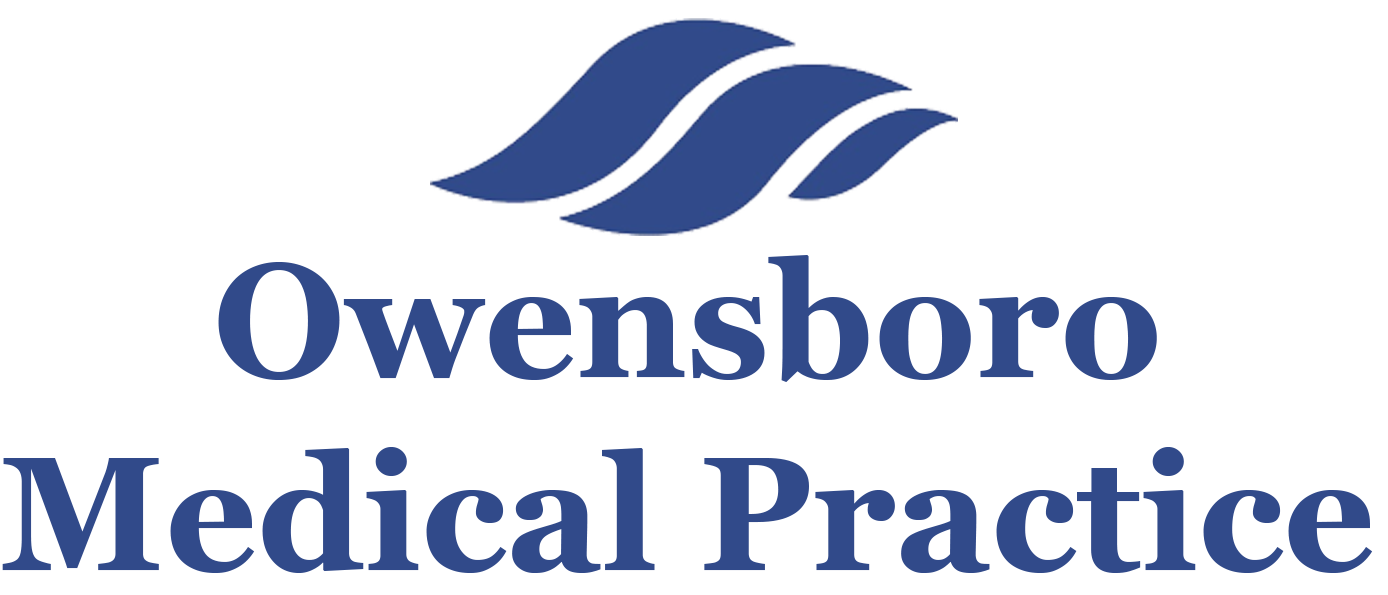Owensboro Heart and Vascular is proud to be the home for 2 of our town’s finest and most talented Interventional Cardiologists – Dr. Vora and Dr. Shamai. Have you ever wondered who exactly is an Interventional Cardiologist? Or what is it that the letters and abbreviations behind your doctor’s name mean? We can help you answer that!
All cardiologists are specialists in diagnosing and treating the function of your heart. Some cardiologists take that specialty a step further and receive additional education and training to treat cardiovascular disease using minimally invasive procedures called Percutaneous Coronary Intervention (PCI). PCI is nothing but a non-surgical method with only a small incision made in the skin to open narrowed arteries that supply heart muscle with blood. The advanced specialists who perform these procedures are called interventional cardiologists.
Interventional cardiologists use specialized catheter-based techniques to diagnose and treat coronary artery disease, vascular disease, structural heart disease, and congenital heart defects. They also use various diagnostic tools and imaging techniques to measure cardiovascular functions such as blood pressure and blood flow in major arteries throughout the body and within the different chambers of the heart. Furthermore, interventional cardiologists are also trained to place stents in clogged arteries to allow blood to flow properly and reduce risk of stroke or heart attack, as well as to repair holes in the heart or place special devices in the heart to help it function properly.
Using cutting-edge technology and the newest techniques and complex advancements in this field of medicine — such as cardiac catheterization, transcatheter aortic valve replacement (TAVR), and mitral valve replacement and repairs — interventional cardiologists perform delicate life-saving and life-enhancing procedures to treat patients with heart disease, valve defects, or structural abnormalities.
Some interventional cardiologists further go on to become Fellows of the Society for Cardiovascular Angiography and Interventions (FSCAI). It is a mark of excellence in the field of interventional cardiology. Fellows are required to be Board Certified in interventional cardiology or to be out of training for five years and have performed at least 1,000 procedures. This is an assurance that the interventional cardiologist is experienced, committed to continuing education, and has undergone rigorous evaluation from distinguished peers in the field. Thus, FSCAIs rank among the world’s foremost authorities on cardiovascular disease and its treatment.
Interventional cardiology fellowship training programs have undergone several changes over the past couple of decades. While historically, these training programs limited themselves to PCI, the scope of interventional cardiology has now expanded to include peripheral vascular and structural interventions. In this time, the technology for peripheral vascular interventions has greatly advanced, to the point that interventional cardiologists have surpassed vascular surgeons and interventional radiologists as the specialty responsible for performing the majority of these endovascular procedures.
Interventional cardiologists are not to be confused with Cardiac or vascular surgeons who perform traditional surgeries. Neither general cardiologists nor interventional cardiologists perform surgery.


Recent Comments